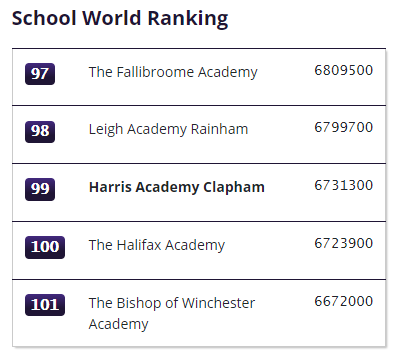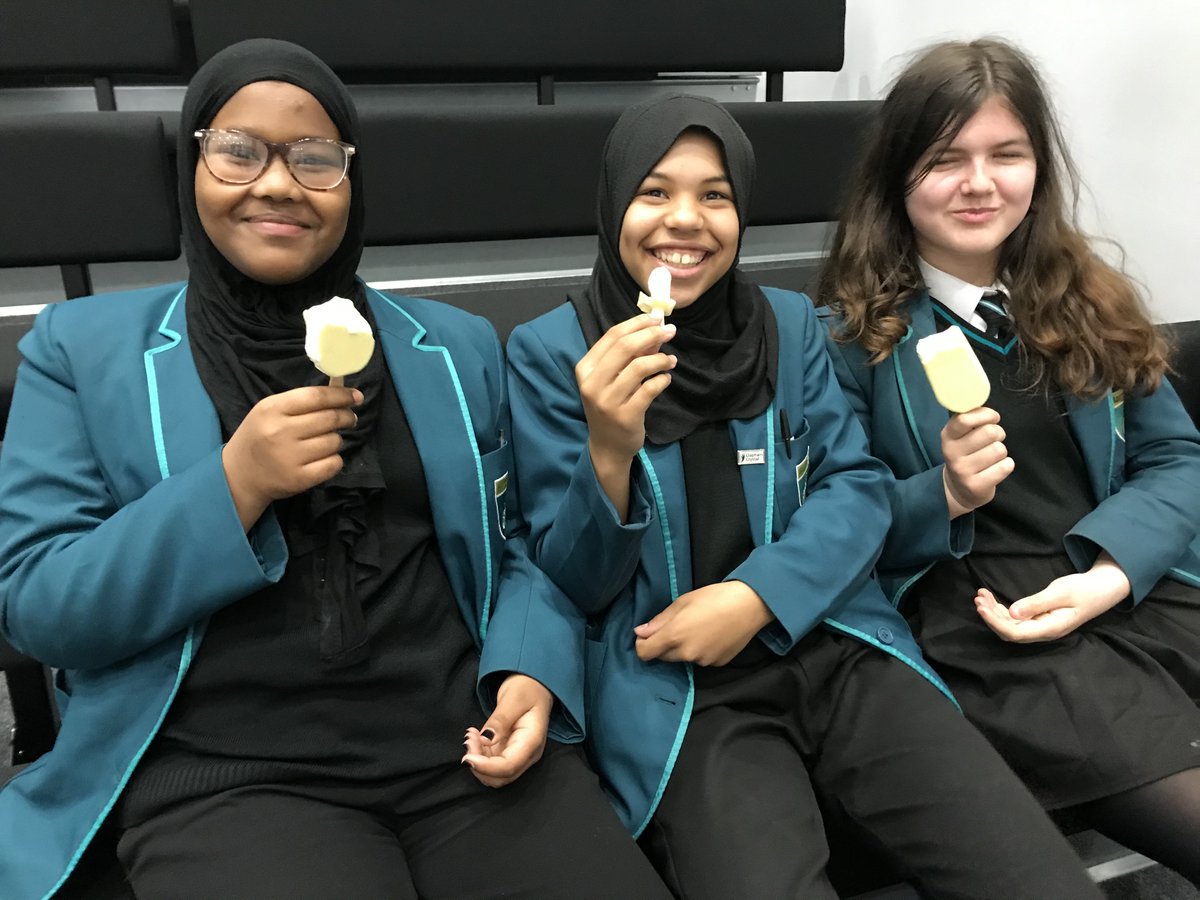Literacy
It is important that children continue to read and communicate at home to maintain their literacy development and continue to progress.
This is an area where parental support can be really beneficial. Small steps can be helpful in developing reading ability, vocabulary and communication skills, all of which are vital for learning.
Reading
Although there can be many other distractions, daily reading for enjoyment has a strong positive impact on overall achievement. Here are some simple ways to encourage and support your child to keep reading at home:
- Daily reading can be part of your lockdown routine, offering escapism and a sense of calm. ​Encourage your child to read for ten minutes a day.
- Role model and read yourself, when you can, talking to your child about what you are reading.
- Read together: We often think that older children like to read on their own, but there are many benefits to reading together. It can improve communication and strengthen bonds, as well as exposing them to a greater variety of books. Choose a book with a topic you or your child are interested in and take it in turns to read, stopping to discuss and ask questions.
- Book talk: use books and digital reading to start conversations with your child. Here are some questions that could help:
- What do you think the book will be about?
- Can you tell me what’s happened so far?
- What do you think will happen next?
- Why do you think the character did…?
- What do you think the author wants us to think?
- How did you feel when…?
- Can you think of a similar experience that you’ve had?
- Who do you know who is like…?
- How did the character change in this story?
- What do you think are the most important things in this chapter/section?
- Reading can be more than just books! Children can read about their interests online, read online or print magazines and newspapers and even listen to podcasts and audiobooks. Here are some great news sites for children:
- Metro Children: metro.co.uk/tag/children/
- News for Kids: newsforkids.net/​
- Dogo News: www.dogonews.com/​
- Newsround:​ www.bbc.co.uk/newsround
Talking
Conversations support vocabulary development and communication, which in turn supports overall literacy. So called ‘back and forth’ conversations, where you model turn taking and really listen to each other and discuss the world around you can be great for developing vocabulary and social skills.
- Listen: when you can, try to listen carefully and with real interest when your child talks to you. Leave pauses to encourage them to say more.
- Eat together whenever possible, and chat about everyday things. Let your son or daughter lead the topics of conversation.
- Collaborate: If you like to cook together or to make things following instructions, discuss the meanings of any unfamiliar words you come across.
- Praise your child if they use an interesting or unusual word: ’Great choice of word!’ or ‘You just used a really interesting word’ or ‘I love that word!’
- Watch TV together and talk about what you’re watching like the families on Gogglebox. Discuss any new words or things that you find interesting.
- Solve problems together. Discuss and agree on your approach.
- Play word games together. Pictionary, Taboo or charades can be played easily at home with just a piece of paper.
Bedrock
Bedrock is a brilliant online vocabulary development programme which increases students' engagement with reading, whilst directly teaching them academic vocabulary. Your child has a personal login, but if they have forgotten it, they should contact their English teacher. Encourage your child to undertake at least ten minutes a day.
https://app.bedrocklearning.org/
Resources to support literacy
If you have a subscription of Amazon prime, there is a great selection of free books, magazines and comics available.
- myON are offering access to thousands of enhanced digital books through online library to help 'keep the UK and Ireland reading'.
- National Literacy Trust - The Book of Hopes: Words and Pictures to Comfort, Inspire and Entertain Children in Lockdown
- The World Book Day site has extracts from a wealth of books for children of all ages.
- The National Literacy Trust’s Words for Life has lots of free resources for different ages.
- The Oak Academy has a Virtual School Library with a free book each week.
- Storyline Online
- Oxford Owl - expert advice, educational resources and free eBooks to support children's learning at home, from Oxford University Press.
- David Walliams free fun activities.
- Audible.com - free audible books for all ages.
- Harper Collins Children's books.
- Project Gutenberg - good for classics.
- International Children’s Digital Library
Other Useful Resources
BBC Teach
You can use BBC Teach for free. Their website is home to thousands of free curriculum-mapped videos, arranged by age-group and subject.
Find video resources linked to all subjects for 11-14 year olds here.
BBC Own It provides advice and guidance on studying from home, including online safety and a wealth of material on mental and physical health.
BBC Bitesize has a range of resources for all ages to support online learning.
BBC Grammar for 11-14 Year Olds.



















